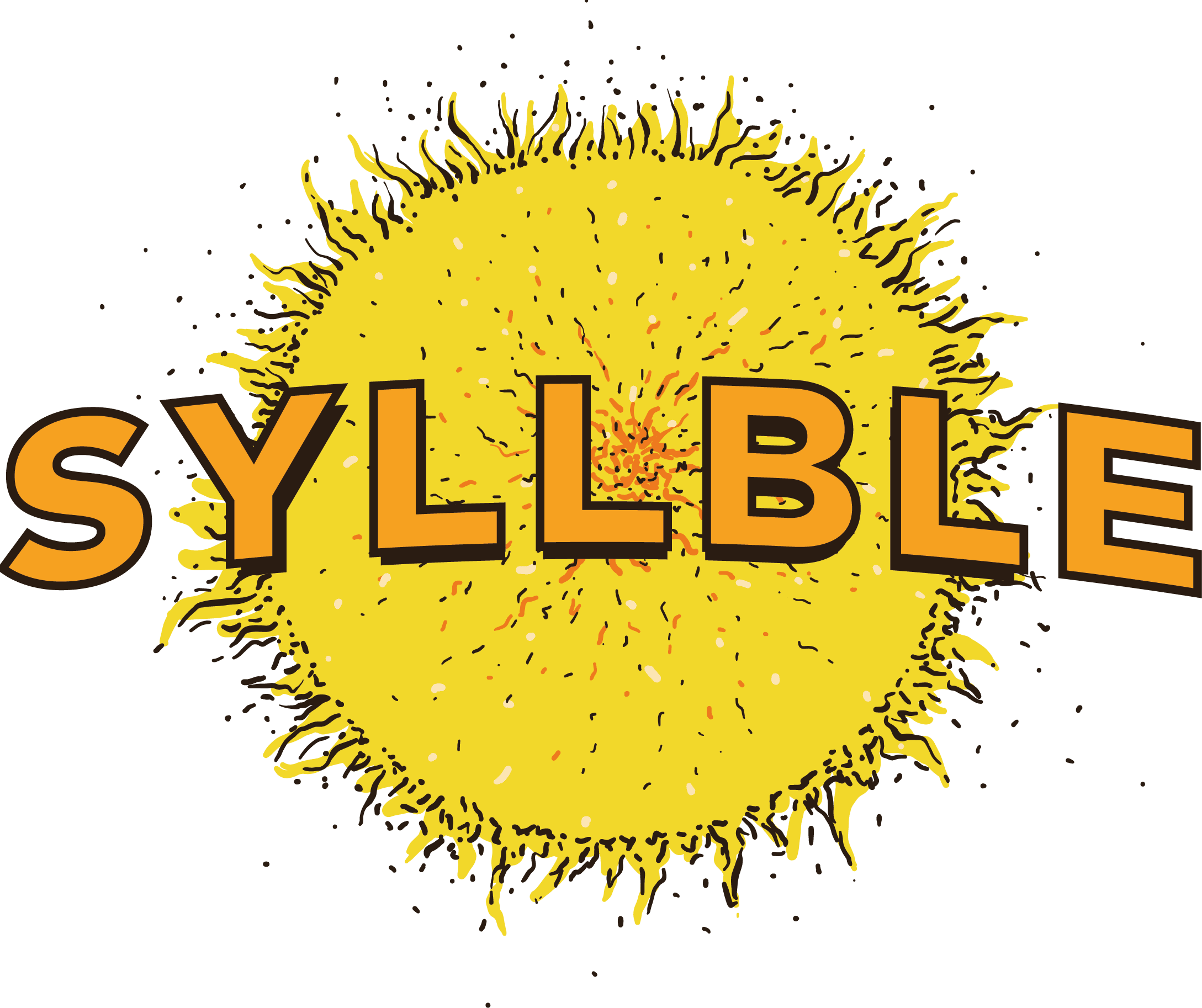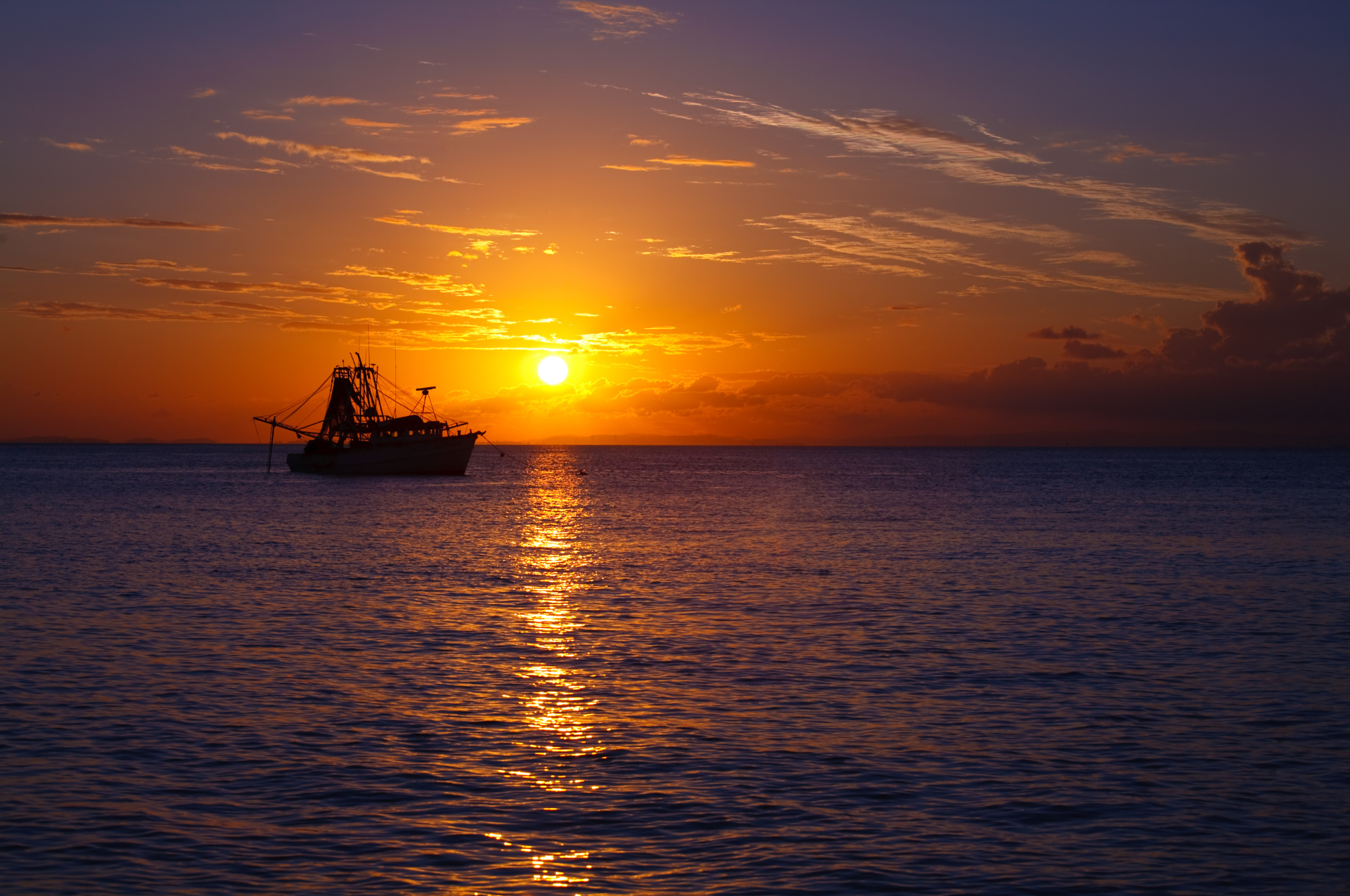Originally Published In The U.S Department Of State’s DipNote
The urgency of the climate crisis demands a collective response that is reflective of different backgrounds and areas of expertise, and it requires elevating voices and perspectives that may not usually be heard. This includes members of the creative industries, who not only play a role in imagining innovative solutions, but also in developing narratives that enhance our understanding of climate-related challenges and opportunities. On this World Creativity and Innovation Day, we are highlighting an international collective of writers that aims to do just that.
Through its Innovation Station initiative, the Secretary’s Office of Global Women’s Issues (S/GWI) collaborated with Syllble, an organization empowering global cohorts of speculative fiction writers, to form the “One Humanity Writing Collective.” Since 2021, One Humanity has asked women and non-binary creative writers to imagine futuristic worlds impacted by — and devising solutions to — pressing climate challenges, ranging from drought to floods to wildfires. According to Paulinette J. Quirindongo, an author from Puerto Rico, the collective’s work makes the climate crisis feel more human. She explained that “words can be used to transform minds … Words are power.”
Crafting Futuristic Worlds
One Humanity connects writers from diverse U.S. and international locations, particularly locations that may face similar climate challenges, to craft their futuristic worlds. The collective’s writers have hailed from California, Hawaii, Louisiana, and Puerto Rico, as well as Australia, Brazil, Guatemala, and New Zealand. Their collaborative writing — an exercise in cultural diplomacy — has demonstrated the value in having conversations about and theorizing solutions to climate and environmental challenges that transcend borders.
For Ligia Anjos, a designer from Brazil, the project allowed her to play an active role in changing the narrative around climate action. “When I see some climate solutions [proposed elsewhere], I think, ‘this will not work in Latin America.’” She emphasized that the collective’s diversity “helped us to learn … not only about writing, but about the world,” allowing participants to co-create a vision for a more equitable future.

To inform the writing process, S/GWI introduced One Humanity writers to women subject matter experts from the Innovation Station network to share their work on climate science and action. Each month, the authors met virtually for a workshop on an environmental issue that would provide inspiration for the next chapter of their story.
“One writer [would] volunteer to write a story on that issue,” shared Elyse Hauser, a Seattle-area author. “Then we would meet again to talk about their draft.” She added that their writing process was strengthened by open discussions about how climate change affects each author’s community.
“Some of us are making our own main character that reflects our personal knowledge,” Hauser mentioned, noting that she contributed a personally inspired chapter written from the perspective of the daughter of refugees. Similarly, Quirindongo created a character representative of Puerto Rico’s native Taino culture, bringing her unique ancestry into the collective’s stories.

